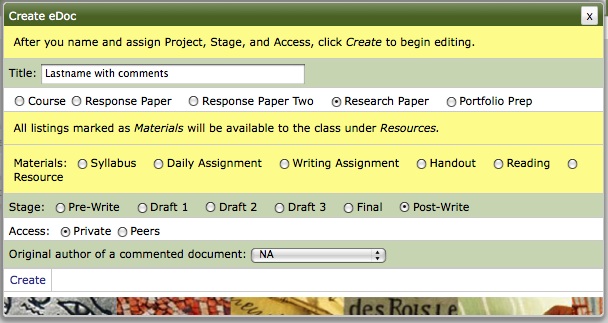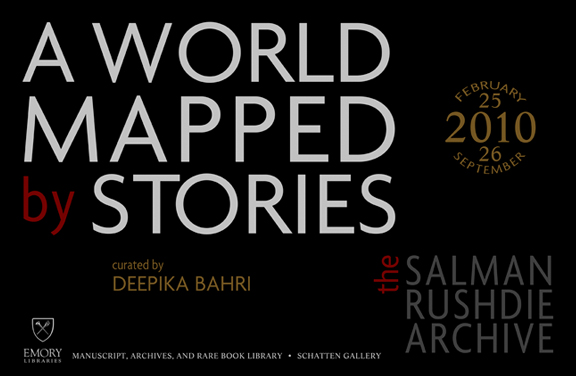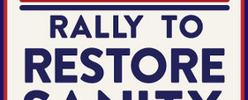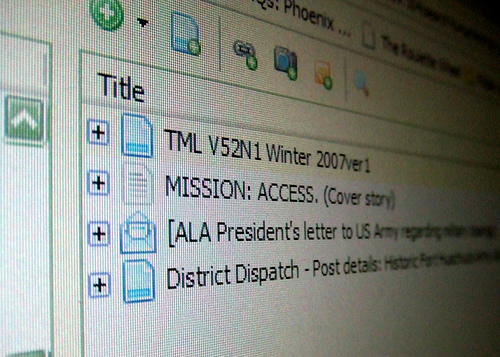Why I Love THATCamp
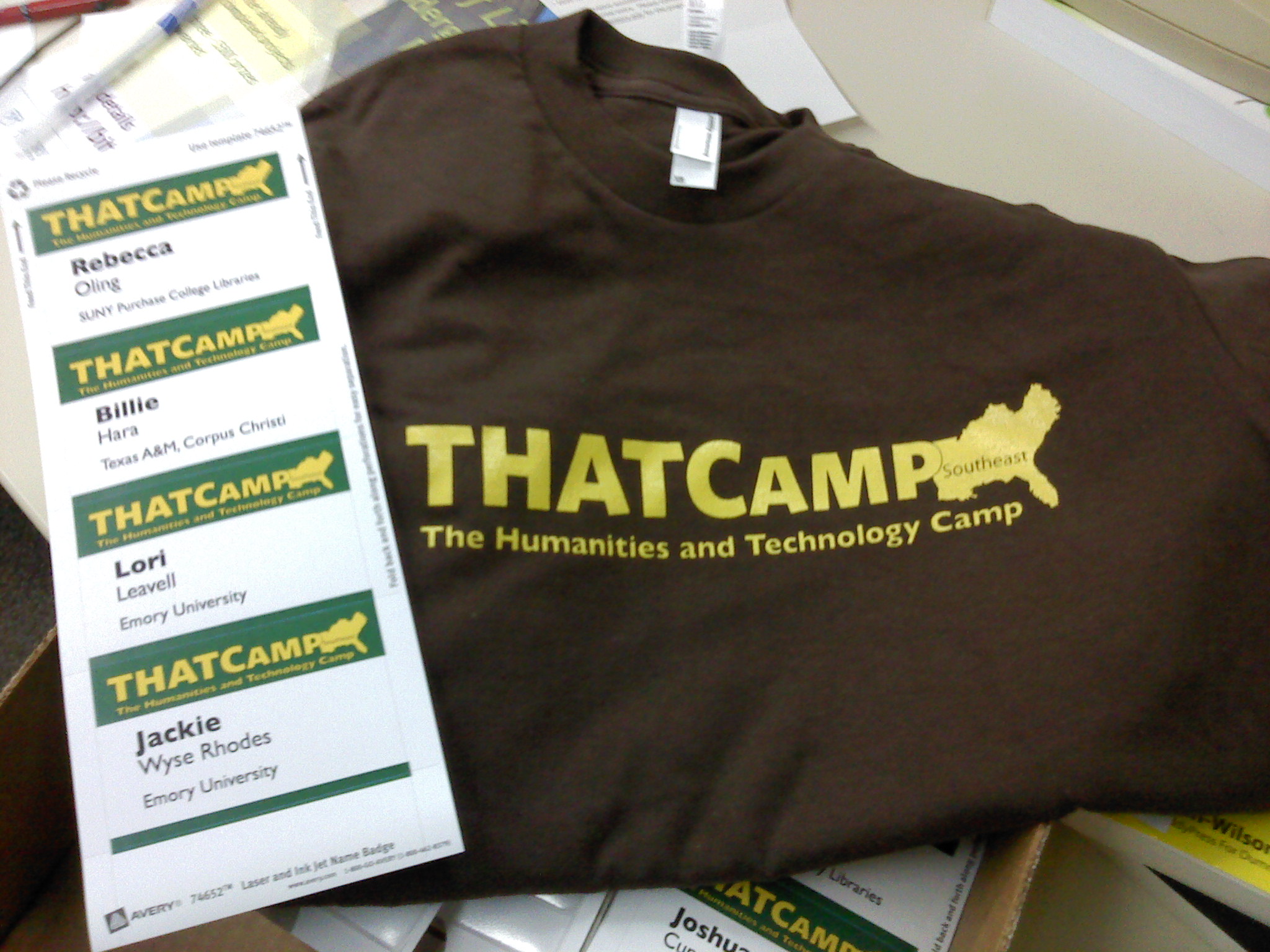
As a master’s student in my introductory theory course, I became particularly enamored by Roland Barthes’s essay “Why I Love Benveniste.” At the end of the essay, Barthes says that Working with him, with his texts […],we always recognize the generosity of a man who seems to listen to the… Continue reading




